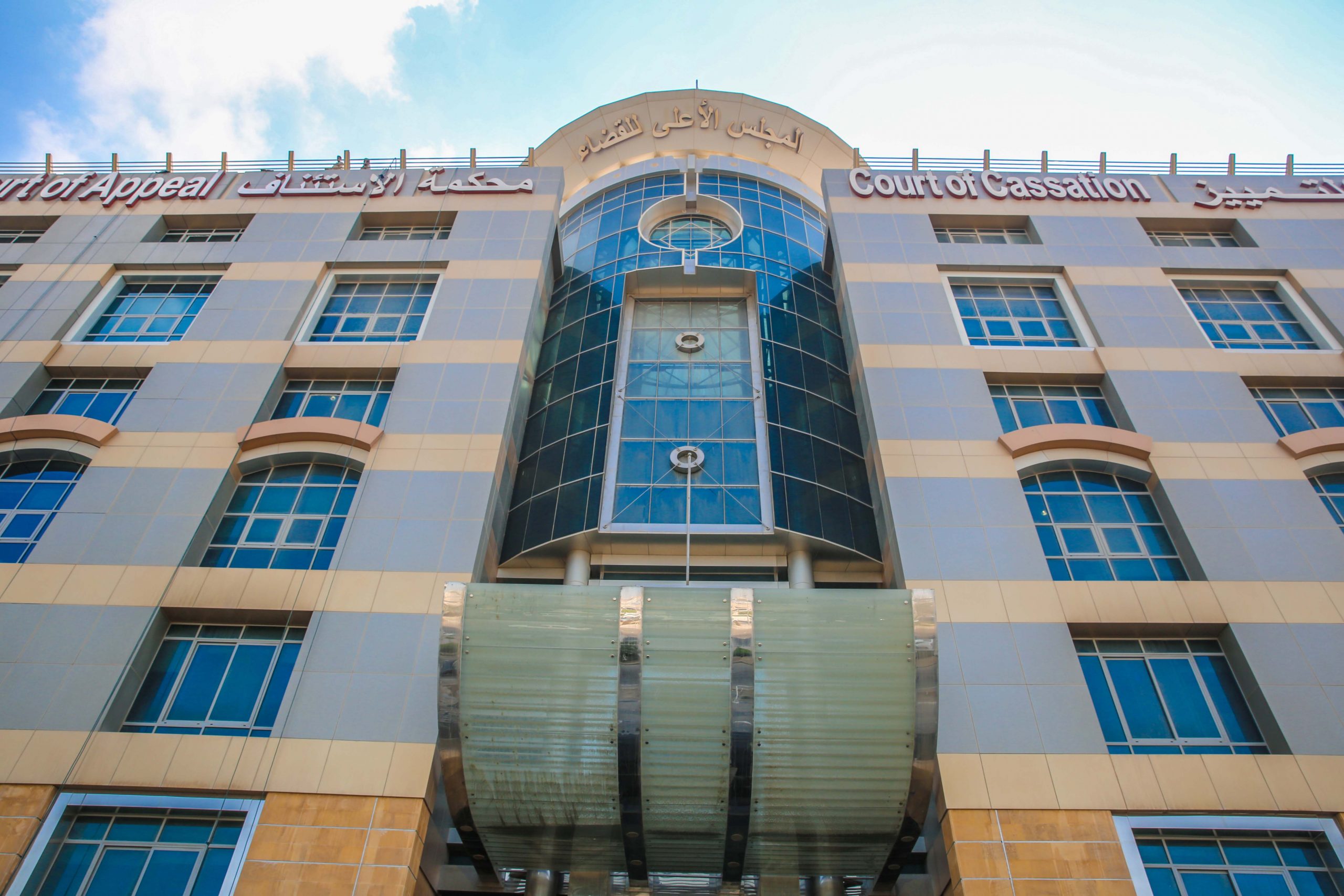
With reporting from Riham Sheble
Updated at 4:30pm with a comment from the Philippines Embassy in Qatar.
Qatar’s highest court has decided to uphold the conviction of three Filipinos on espionage charges, despite lobbying by human rights activists who said they were tortured.
The Court of Cassation said this morning that it was denying the expats’ appeal, which means the men will have to serve out the sentences handed down last year.
In May 2015, the Court of Appeal sentenced Abdullah Yusuf Tan Chua to life imprisonment – a reduction from the death penalty meted out by a lower court in 2014 – and ordered Raphael Alamares and Ronald Ulep to serve up to 15 years in prison.
Alamares and Ulep has previously been sentenced to life imprisonment.
The Court of Cassation did not state any reasons for its decision, as is standard practice in Qatar.
However, appeal documents filed by defense lawyers and obtained by Doha News shed new light on the case against the men.
Torture allegations
Prior to their arrest, Chua and Alamares worked in the training division of Qatar Petroleum, while Ulep worked for the Qatari Air Force.

Prosecutors said the three men shared military and economic secrets with the Philippines government.
However, defense lawyers said there was no evidence to support those charges and that their clients were convicted solely on the strength of confessions given “under physical and psychological torture,” according to documents submitted to the Court of Cassation.
The Philippines government has previously “categorically” denied that it engaged in espionage.
Last year, Amnesty International raised the case with the Qatar government twice, calling on it to investigate allegations that the men were tortured.
Computer search
According to the law firm representing the men, the espionage charges originated from a separate investigation into bribery and manipulation of contracts at QP dating back to 2010.

Specifically, Chua was criminally charged with leaking information about the state-owned energy firm to contractors in exchange for money, according to their appeal.
The document states that Chua’s computer was searched as part of Qatar Petroleum’s internal audit. On it, investigators found photos taken in the Philippines of Chua and several friends holding guns.
According the defense lawyer, investigators forwarded the photos to Qatar’s state security service because they thought the images suggested that Chua was a member of the Abu Sayyaf militant group.
It’s not clear how this allegation led the prosecutor to charge the three men with leaking Qatar’s state secrets to the Philippines government.
‘No evidence’
According to their lawyer, the defendants were accused of participating in a criminal conspiracy aimed at committing espionage for a foreign country, specifically by transferring military and economic information related to Qatar’s troops, aircraft and tank types as well as Qatar Petroleum’s investment projects, future contracts and oil prices.
Investigators inspected the homes of the accused and seized computers, CDs, mobile phone and documents, the appeal document states.
“In spite of the big number of the seized materials, however, no evidence of accusation indicating espionage was submitted,” the defense lawyer wrote.
Furthermore, the lawyer wrote that none of the information that the men are accused of leaking meet the definition of “state secrets” that’s needed to support the charge of espionage.

The appeal stated that Ulep told Chua about the nature of his job and one type of aircraft he worked on. However, the lawyer argued, this plane is used in several events and festivals and that anyone who watches could see what type of aircraft is being flown.
Ulep is also accused of telling Chua the number of Filipinos working with him in the Armed Forces, according to his lawyer, who argues that this information would also be known by the Philippines Embassy in Qatar and is therefore not a state secret.
Wilfredo Santos, the Philippine Ambassador to Qatar, said in a statement that the diplomatic mission was considering its legal options:
Although we are saddened by the ruling of the Court of Cassation, this is still a small victory for us given that the earlier ruling was sustained which shortened the sentences imposed on these Overseas Filipinos.
The Embassy will continue to look after the welfare of these Filipinos and ensure that their rights are protected while we explore alternative avenues on their case.
Thoughts?







